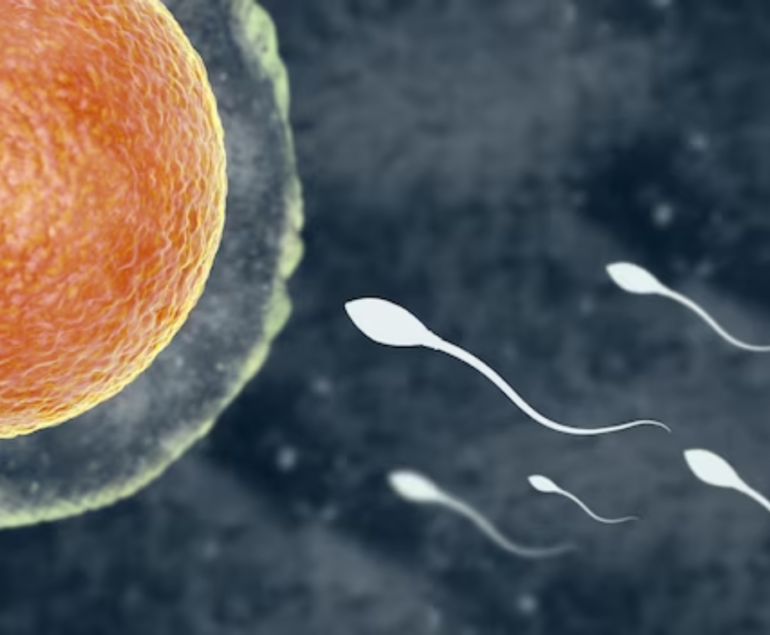Male infertility is a health issue of great concern to experts who are researching to eliminate its causes and improve the lives of males affected by it. Here, hormonal imbalances do play a role.
Male infertility can indeed be caused by low sperm production, abnormal sperm function, or even blockages that do prevent the delivery of sperm. Illnesses, injuries, chronic health problems, lifestyle choices, as well as other factors may contribute to male infertility.
Hormonal imbalances in men can lead to infertility and may cause symptoms such as:
- Erectile dysfunction.
- Reduced body hair growth.
- Low sperm count.
- Breast tenderness and overdevelopment of breast tissue.
- Thinning hair or male-pattern hair loss.
Hormone imbalances do account for around 10% of all male factor infertility cases and can manifest themselves in myriad ways, ranging from sexual dysfunction to even low sperm concentration.
The prevalence and incidence of infertility are indeed increasing worldwide and are linked to significant economic and social impacts.
Infertility is indeed defined as the inability to achieve pregnancy after 12 months or more of regular, unprotected sex. Off late, the male factor has rather gained importance and also contributes to approximately 50% of infertility cases. Multiple etiologies have been stated, like metabolic, anatomical, genetic, or even perhaps idiopathic causes; however, the main cause happens to be semen abnormalities.
What to know about male infertility?
Male infertility can be caused by several factors, like low sperm production, abnormal sperm function, or even blockages that do prevent the delivery of sperm. Illnesses, injuries, chronic health problems, lifestyle choices, and other factors can contribute to male infertility.
Hormonal imbalances and male infertility
Hormonal imbalances can indeed be related to male infertility. In the absence of adequate production of testosterone or perhaps gonadotropins, including luteinizing hormone (LH) and follicle-stimulating hormone (FSH), infertility can occur in the male body. Other problems that can in fact cause male infertility include hormone imbalances or blockages in the male reproductive organs.
If a person suspects he has male infertility or hormonal imbalances, it is advisable to seek consultation with a healthcare professional who can provide a proper diagnosis and also recommend appropriate treatment options.
The wide spectrum of male infertility in meta-analysis studies may not really reflect the prevalence of this complication in all parts of the world due to reasons like a lack of rigorous statistical methods that include bias, heterogeneity in data collection, and cultural constraints. There is a lack of understanding of the underlying mechanisms facing the problem of male infertility.

Male infertility is a harsh reality, and specialists in male infertility lack definitive, evidence-based therapies. For years, specialists relied on manipulation of the male hormonal axis in order to treat those men who carry the burden of infertility in their partnerships.
Several therapies have been utilized in practice for generations. The focus now is on what challenges as well as therapies await on the horizon. For example, there has been significant interest in restoring spermatogenesis after testosterone replacement therapy (TRT).
Specialists are busy exploring the adverse long-term spermatogenic outcomes associated with TRT, which, with the widespread use of TRT, will present a great challenge for male infertility specialists. The role of varicocelectomy in the treatment of hypogonadism and infertility, a review of the association between growth hormone (GH) and male fertility, and also addressing the challenges presented by the rising prevalence of obesity are given much importance by experts.
Conclusion
Despite advances in the diagnosis of male infertility, some causes are not fully understood; therefore, it is crucial to perform a timely hormonal evaluation of the male factor in infertile couples in order to provide adequate treatment and improve fertility rates.









